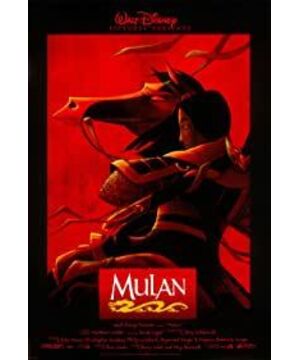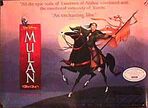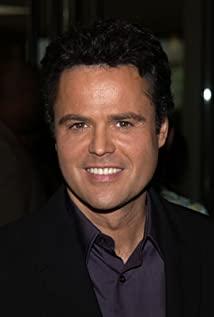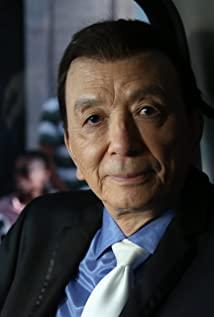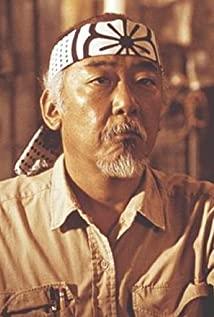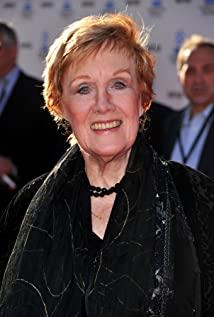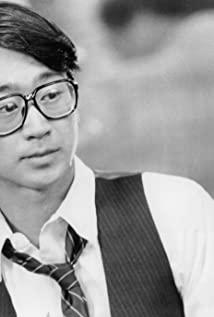"Mulan" is probably Disney's first attempt to get in touch with Chinese culture in an all-round way, so it has put a lot of effort into studying China, which is much more admirable than those films that follow only the fur. "Mulan" is a movie that touched me a lot, and the first character in it, the soldier patrolling the Great Wall, moved me very much. After being attacked by the Xiongnu, his first reaction was not to run away, but to climb up the beacon tower desperately and ignite the beacon tower before the Xiongnu Shanyu, and spread the alarm. Facing Shanyu, he did not beg for mercy, but raised his chest and gave Shanyu a final psychological blow. The reason I was moved by him was because I had seen another kind of beacon tower outside the city of Balikun, Xinjiang. During the Yongzheng period, it was an era of frequent rebellions in Xinjiang. At that time, many troops were stationed in the city of Balikun, and there were beacon towers ten or twenty miles outside the city. There are only a few soldiers guarding the platform. If the enemy suddenly attacks, even if they can light the beacon in time, they will not be able to escape. Their fate is either to surrender or to die in battle. However, I believe that the vast majority of soldiers will choose to die heroically, just like this soldier in "Mulan". Now, the ruins of the beacon tower outside the city of Balikun still stand there. Every time I pass by it, I will think about it and be moved by the soldiers who died here. The second time that "Mulan" touched me was when Dad Hua (who seems to be Huahu...) accepted the military post. As said in the poem, "The Book of War has twelve volumes, and the volumes have the names of the masters." Mr. Huahu is not a civilian. He is probably an old general who once made military exploits and was injured in public, and is now retired at home. So, although his leg was disabled, he still resolutely threw away his crutches and limped to accept the call, ready to serve the country like a man. For the third time, when Mulan changed her clothes, with the heart-pounding drumbeat, Mulan shaved off her hair, pierced her armor, showed her handsome face from the sword, rode on a war horse, and roared out. How can I not be moved by how brave and proud a woman can be in such a critical moment, such a desolate rainy night? The fourth impression was when Mulan was in the barracks. After a night of hard work, she used a clever method to grit her teeth and climb the flagpole. Because she is a daughter, she can't keep up with the team during training, and was almost "dissuaded" by Li Xiang, the captain of the school. But she refused to admit defeat, and climbed the flagpole bit by bit with a clever method. Finally, under the light of the rising sun, and encouraged by her comrades who used to hate each other, she climbed to the top and took off the set of Li Xiang for all the soldiers. The first difficulty - the arrow he shot. She proved herself and the new recruits with her intelligence and hard work. The fifth touching, and the last The second time was when Mulan killed Chanyu, and when the emperor bowed to her, all the people in the city bowed down. In ancient society, it was impossible for a commoner woman to receive such courtesy. Discrimination against women is widespread all over the world, and even many women's events in the Olympics were only added after the 1980s. In addition, Mulan in the animation suffered far less suffering at this time than the Mulan in the poem. The Mulan in the poem is "a strong man returns in ten years", if not ten years, but several years. I firmly believe that the story of Mulan is real in history, so I am more moved by the great woman who lived more than 1,000 years ago. After talking about the emotion, let’s talk about the emotion. A film about a Chinese story made by an American has moved me five times, and I will continue to be moved every time I rewatch it afterwards. This has to be said to be a successful interpretation of Chinese culture by Hollywood. Maybe foreigners and I have different experiences, thoughts, and personalities, so I can't experience so much emotion. But also, maybe some of the stuff we're used to seeing is more moving to them. It is a pity that these Hollywood directors and screenwriters who use Chinese culture are not so willing to study, most of them only use Chinese skins, such as martial arts, five elements, opera, dragon totem and so on. The Hollywood Chinese film that can really move me again has never been seen since "Mulan".
View more about Mulan reviews


